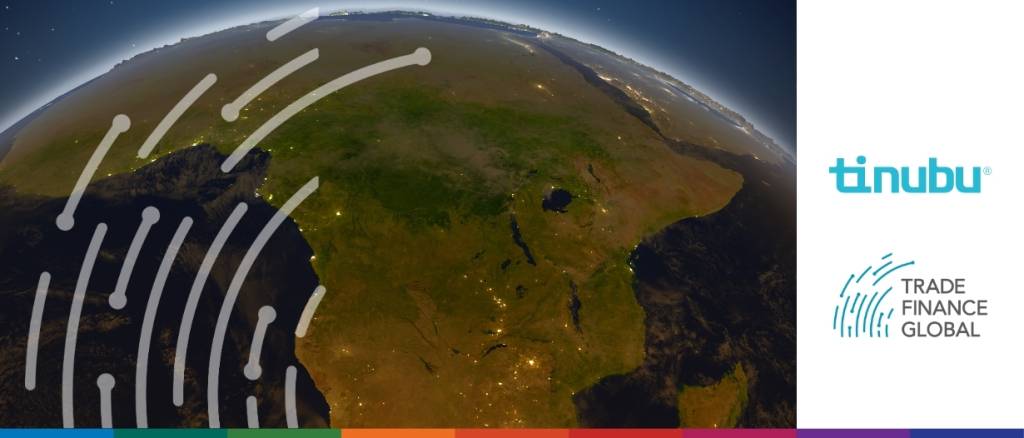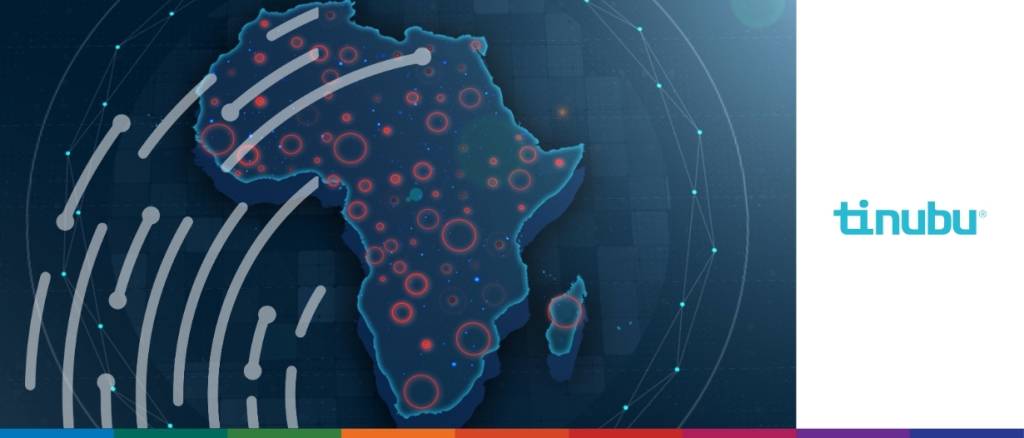In an exclusive interview with Odbayar Erdenetsogt, the foreign policy advisor for the President of Mongolia, Trade Finance Global (TFG) delves into the reasons behind Mongolia’s growing significance in the global trade landscape and the challenges and opportunities it faces.
Trade finance plays a vital role in global economic activities, facilitating the movement of goods and services across borders.
In the ever-revolving landscape of trade payments, a notable trend is gaining momentum as the global financial industry embraces ISO 20022 – a data-rich and interoperable universal messaging format set to replace the legacy Message Text (MT) that has prevailed for years.
To learn more about the latest updates on MLETR adoption in the G7 countries and emerging markets, Trade Finance Global spoke with Luca Castellani, legal officer at the Secretariat of the United Nations Commission on International Trade Law (UNCITRAL)
At the forum, Trade Finance Global (TFG) spoke with Pamela Coke-Hamilton, the Executive Director of the International Trade Centre (ITC), to explore the impact of crises, capacity building, and support for women-led businesses and youth in trade.
In a bid to enhance access to trade for micro, small, and medium-sized businesses (MSMEs), the World Trade Board has recently launched the ‘Financial Inclusion in Trade Roadmap’. The roadmap, developed through collaboration with major industry bodies and international stakeholders, seeks to address the challenges faced by MSMEs to accelerate their participation in global trade.
Africa, a continent synonymous with immense economic growth potential and abundant opportunities, has long grappled with transforming that potential into tangible growth. Despite being hailed as a land of promise, the realisation of Africa’s vast potential has remained elusive year after year.
Trade Finance Global (TFG), a leading trade finance platform, and Tinubu, a global credit risk and trade credit insurance provider, are pleased to announce an upcoming webinar exploring the potential solutions to the trade finance gap in Africa through credit insurance and export credit. The event will take place on 10 July 2023 at 12:00 PM BST, featuring prominent industry experts as panel speakers.
In Central Asia and Caucasus, the potential annual market for SCF is relatively large, up to $18 billion in the medium term. However, few countries in this region use any form of SCF, and in some, the concept is barely known.
In Central Asia and Caucasus, the potential annual market for SCF is relatively large, up to $18 billion in the medium term. However, few countries in this region use any form of SCF, and in some, the concept is barely known.



















